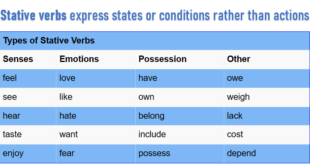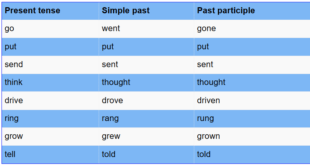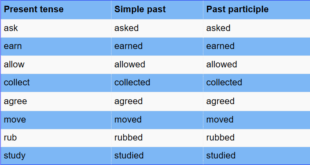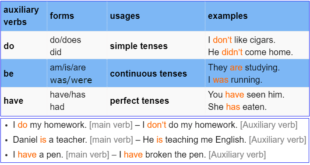
We use the future perfect progressive tense (also called the future perfect continuous tense) to express the duration of an action that will be in progress until a specific time in the future.
- In July, I will have been learning English for three years.
- By the next year, you will have been working here for 25 years.
- Next month, she will have been living in this house for two years.
Form: subject + will + have been + verb-ing
| Positive | Negative |
| I will have been playing. | I will not have been playing. |
| You will have been walking. | You will not have been walking. |
| He will have been cooking. | He will not have been cooking. |
| She will have been sleeping. | She will not have been sleeping. |
| It will have been working. | It will not have been working. |
| We will have been sitting. | We will not have been sitting. |
| They will have been eating. | They will not have been eating. |
Question form
Form: will + subject + have been + -ing form of main verb ?
- Will he have been cooking.
- Will we have been sitting.
WH- Question
- How long will I have been learning English by the end of this year?
- Where will you have been waiting for your fiancée?
- Why will he have been sitting here?
- What will she have been cooking for us?
Contractions in the future perfect progressive tenses
| Positive | Negative |
| I‘ll have been playing. | I won’t have been playing. |
| You‘ll have been walking. | You won’t have been walking. |
| He‘ll have been cooking. | He won’t have been cooking. |
| She‘ll have been sleeping. | She won’t have been sleeping. |
| It‘ll have been working. | It won’t have been working. |
| We‘ll have been sitting. | We won’t have been sitting. |
| They‘ll have been eating. | They won’t have been eating. |
Future Perfect Progressive, envocabulary.com




